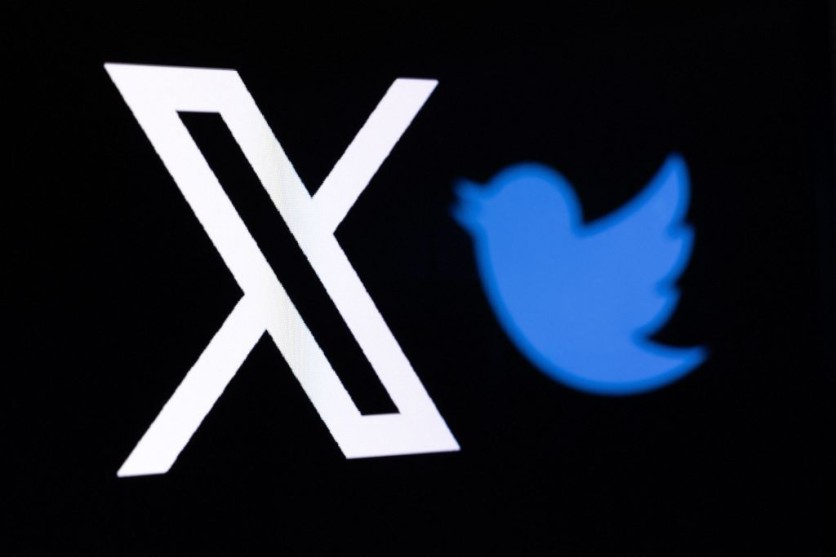
The European Union is raising the alarm about disinformation, pointing fingers at Elon Musk's X, formerly known as Twitter, as the primary culprit in spreading false narratives, Bloomberg reports.
As Europe braces itself for a series of crucial elections, the EU urges Silicon Valley giants to ramp up their efforts to combat Russia's insidious "war of ideas."
Is X the Epicenter of Disinformation?
European Commission Vice-President Vera Jourova minced no words when addressing the media: "This is a multi-million euro weapon of mass manipulation aimed both internally at the Russians as well as Europeans and the rest of the world."
Jourova's statement came as the EU unveiled a groundbreaking report, marking the first-ever comprehensive assessment of disinformation across major social media platforms.
The report, published under the Digital Services Act (DSA) framework, highlights the alarming rise of disinformation on digital platforms and the urgent need for action.
The Guardian reports that of all the platforms under scrutiny, X emerged as the platform with the most significant ratio of mis- or disinformation posts.
While many major tech companies, including Meta Platforms Inc.'s Facebook, Alphabet Inc.'s Google, and ByteDance Ltd.'s TikTok, have joined forces with the EU to implement a voluntary code of conduct to combat disinformation, X chose to step away from this initiative.
Nonetheless, the new DSA regulations impose strict obligations on X to adhere to these rules or risk facing a continent-wide ban.
Tech Giants Join the Fight
The Straits Times tells us that the report also revealed the extent of efforts by other tech giants to combat disinformation.
Google, for instance, disclosed that it had terminated more than 400 channels involved in Russian influence operations in the first four months of this year.
Meta, the parent company of Facebook, expanded its fact-checking partnerships, covering 22 languages within the EU.
YouTube, a subsidiary of Google, reported its efforts in removing over 400 channels associated with coordinated influence operations linked to the Russian-state-sponsored Internet Research Agency. Additionally, Google removed advertising from nearly 300 sites related to state-funded propaganda.
While recently facing a €345 million fine for breaching data protection rules concerning children, TikTok is also working diligently to comply with the DSA.
The platform expanded its fact-checking network to 26 partners, covering 22 languages in the EU, with a new partnership established with the Reuters news agency.
Microsoft, another participant in the code of practice, contributed significantly by promoting accurate information or downgrading questionable content related to the war in Ukraine, affecting a staggering 800,000 search queries.
Russia's "War of Ideas"
Vera Jourova emphasized that Russia's disinformation campaign amounts to a "war of ideas" aimed at polluting the information space with half-truths and lies to create a false image that democracy is no better than autocracy.
The EU's concern over Russian disinformation is particularly acute in Slovakia, which is gearing up for elections. Jourova revealed that Slovakia has been chosen as fertile ground for the success of Russian pro-Kremlin-pro-war narratives.
Facebook and Google have intensified their efforts to combat fake information in response to pressure from the EU, recognizing the upcoming elections as a litmus test for their effectiveness.
Stay posted here at Tech Times.


![Apple Watch Series 10 [GPS 42mm]](https://d.techtimes.com/en/full/453899/apple-watch-series-10-gps-42mm.jpg?w=184&h=103&f=9fb3c2ea2db928c663d1d2eadbcb3e52)


